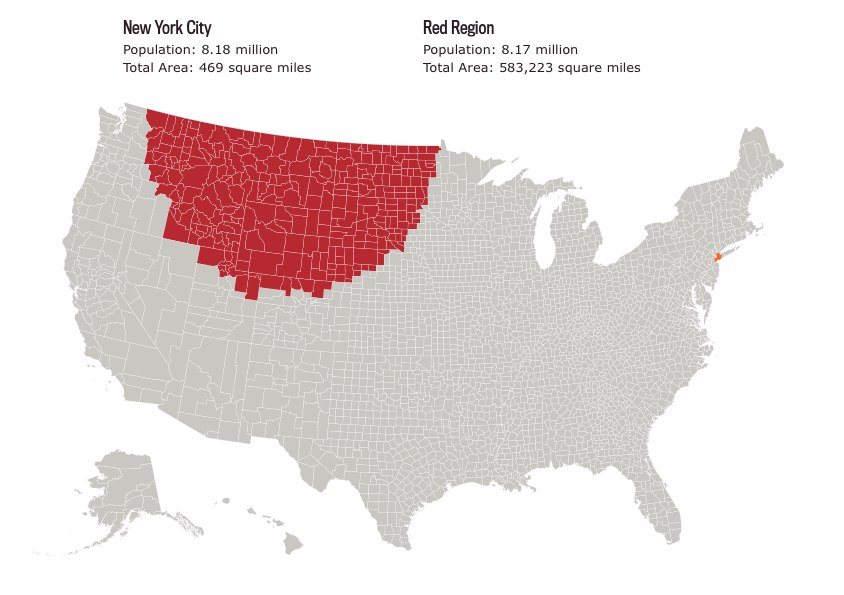There is such a thing as Post-PC
Over at The Verge Tom Warren says there’s no such thing as post-PC:
2015 is the definition of an era where there are multiple choices for computing, where you can choose a device and your data will follow. It’s also a year where mobile data networks and devices are fast and sufficient for browsing from a phone, and a time when PCs have matured enough that you don’t need to replace the one you bought years ago if it’s still working. As iOS 9 turns the iPad more into more of a PC, and Microsoft turns phones into PCs, the questions over which devices will be important in the future won’t be around their traditional forms, but their function. PCs will continue to evolve, as will the versatility of devices that are shaping the mobility of computing. Perhaps it’s time to kill off the idea of “post-PC” in favor of just personal computing. After all, smartphones, tablets, and laptops are all just PCs anyway.
Don’t be a fucking dick.
We’re absolutely in the post-PC era when PC is understood to mean “desktop computer” and “laptop computer” and Warren knows this. Let’s not get all cutesy with semantics.
If Warren wants to take his semantics to their logical conclusion he can go ahead and call his car, refrigerator and television “PCs” too.








